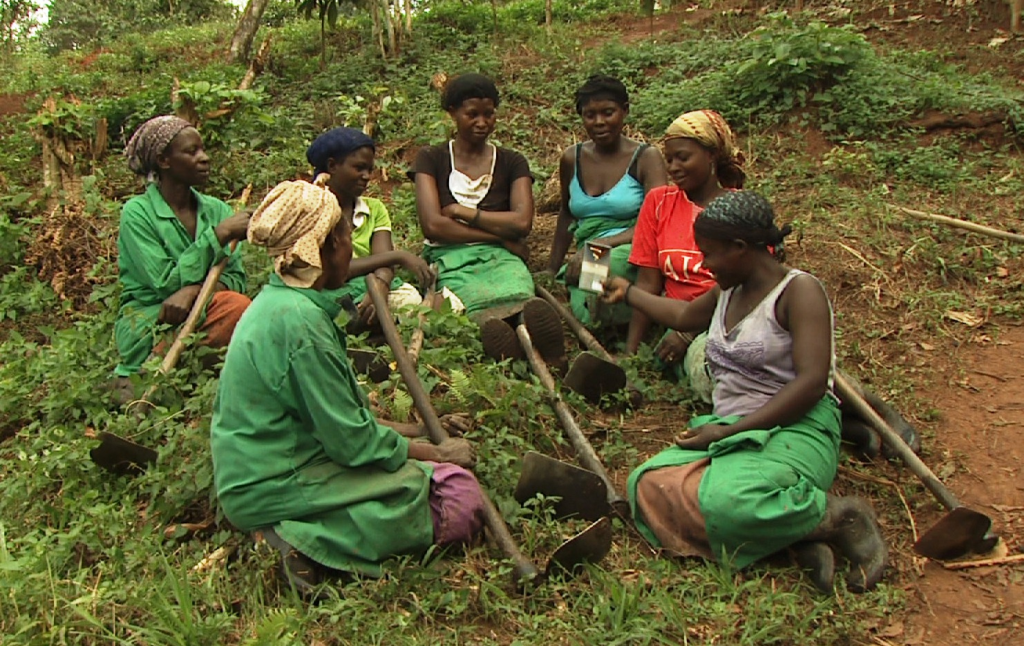
A world where the female gender is perceived in some parts of the world as “second class” and should be subjected to a defined and confined approach to life cannot be overemphasized.
This perception about women is prevalent in the communities of those societies still engulfed with the poor belief about women thus has subjected them to abject poverty emanating from lack of education, early marriage, lack of proper care and emotional support hence the “urgent need to rescue women from poverty in rural communities”.
Focusing our discuss on poor women in rural communities in an efforts to reduce poverty is justified because women’s paid and unpaid job is crucial for the survival of poor households.
Women are the primary custodian of children, sick parents and the elderly found in their premises. Therefore brainstorming on ways to remove them from poverty is worth discussing.
There are many rural communities in Nigeria and women who reside in those communities needs urgent but realistic and sustainable attention.
The various ways in which women are subjected to “unpaid” jobs which impeded their growth as individuals include but not limited to :
Economic factors: They are the “cook” in the family and this is non negotiable. It’s usually from waking up early in the morning, to preparing kids for school, to taking them to and from school,cooking for the family, touching base on the farmland, getting little or no sleep and this routine continues until the productive years of the woman is exhausted.
The above description has in no way mentioned any personal development, talent haunting or anyway in which one can live a meaningful life thereby subjecting this category of women to generational poverty.
Research from incontrovertible studies conducted during the 1980 reveals that mothers typically spend their income on food and health care for children, which is in sharp contrast to men who spend a higher proportion of their income for personal needs.
It is no longer news that the number of women in dire need has become alarming. It became more alarming since countries battled or are still battling the damages the covid 19 pandemic has caused.
Rural women plays a very important role towards achieving sustainable development.
But these women has been limited or has limited access to those elements or equipments that will help them push for the drive of sustainable development.
Next factor is Religious factors. Some religions really made women look like they have to remain where they were otherwise it could be termed sin or the woman is no longer submissive.
The need to eradicate poverty amongst women in the rural area will do more good to the societies than harm which the male counterparts had feared.
In Nigeria we see women like Ngozi Okonjo Iweala who is the head of WTO. We have others lif Folorunso Alakija, Chimamanda Ngozi Adichie they are so many to mention. I can assure you that some women who are trapped in this rural areas could do more if they are noticed and given the opportunity to be aware of themselves.
The way forward to this menance is
- Awareness. There must be creation of awareness so this women who are deep rooted in Cultural believe will understand that grass can actually be greener in the other side. The men should also be made to be aware that empowering women and lifting them out of poverty is not a means to dismantle their role as “heads” of family but that their lives can also be beautiful if these women finds a better version of themselves.
- Empowerment should be the watchword and should be based on their individual needs. Learning skills according to their areas of interest, awarding scholarships to those interested in going back to school will also help.
In all, whatever mode that will be used in an attempt to lift these women in poverty should be supervised as Nigerian system had suffered progress due to in ability to supervise projects and programs.
Nice job you guys are doing.